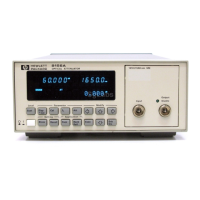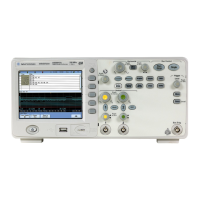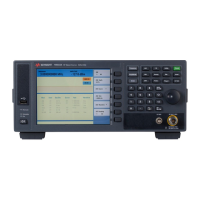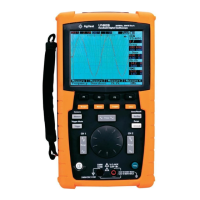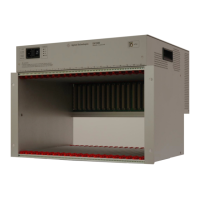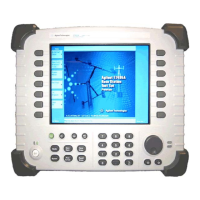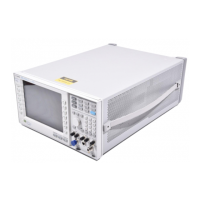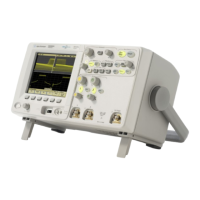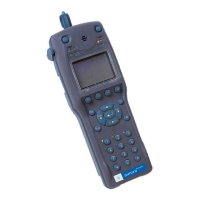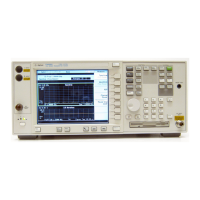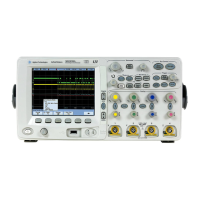Lesson 1 – Test Method Structure
427
• Defining Relay Connection:
relay1 is an object name to which relay settings of the PPMU(s)
will be set, status is a member function to specify the status of
relays per pin (use the specifier, PPMU_ON to connect PPMU relays
and ALL_OFF to disconnect all the relays of the PMUs), wait is a
member function to specify a wait time after the relays are opened
or closed.
• Defining Measurement Mode:
measure1 is an object name to which measurement mode of the
PPMU(s) will be set, execMode specifies one of the following
measurement mode:
Executing DC Test In the step of “Setting up DC Test”, the
PPMU_SETTING
,
PPMU_RELAY and PPMU_MEASURE APIs define a set of test
conditions for each setting, called DC Task. To perform a
measurement, define and execute a sequence of the DC tasks,
called Task List. For this purpose, first, use the
TASK_LIST
API as
shown below:
where,
task1
is an object name that corresponds to a task list
name, setting1,relay1 and measure1 are objects defined with
the PPMU_SETTING, PPMU_RELAY and PPMU_MEASURE APIs to be
performed. The added DC tasks will be executed by the execute
member function sequentially.
Retrieving and
Judgement of Result
For retrieving measurement results of the DC test that achieved
with the
execute
member function of the TASK_LIST API, use a
member function of the PPMU_MEASURE API and TEST API as
shown below:
where, Ic is a variable to store the returned value, measure1 is
the PPMU_MEASURE class object that holds the measurement
results, and it was defined when the measurement mode is
mode Description
TM::GPF
or
“GPF”
Global pass/fail mode
TM::PPF
or
“PPF”
Per pin pass/fail mode
TM::PVAL
or
“PVAL”
Per pin value mode
• Definting a task list:
TASK_LIST tasks1;
tasks1.add(setting1).add(relay1).add(measure1);
• Executing a test:
tasks1.execute();
• Retrieving a measurement value per pin:
DOUBLE Ic = measure1.getValue("pin1");
• Judgement of retrieved measurement value:
TEST("pin1","testname1", Ic);
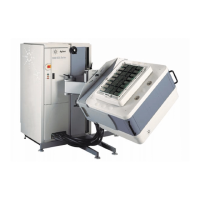
